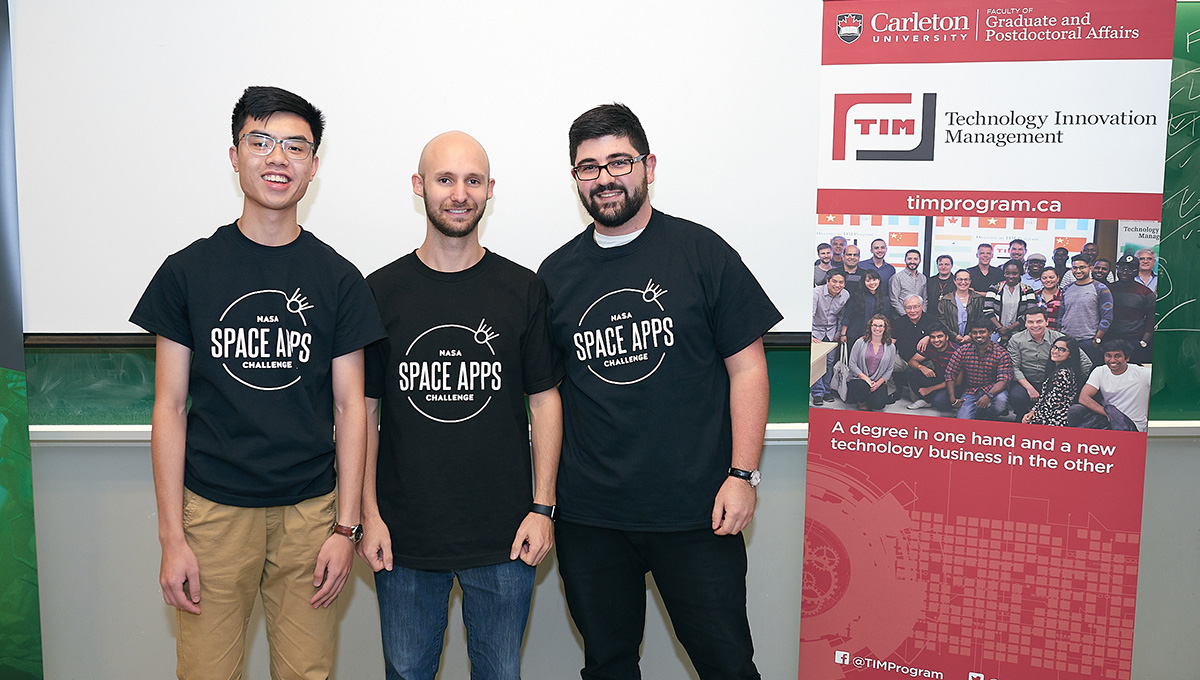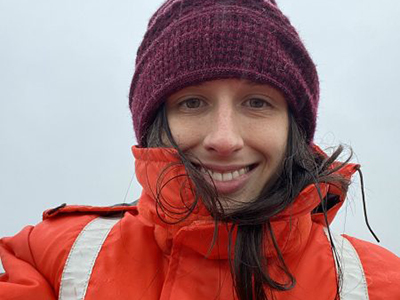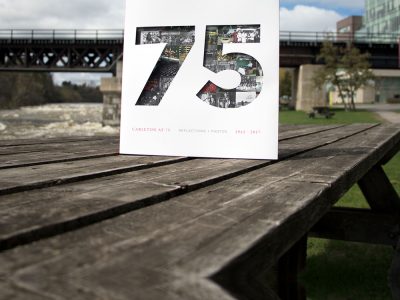By Matthew Curtis
Photos by Josh Hotz
Forty-six Ottawa competitors took one big step for hack-kind at NASA’s international 48-hour hackathon over the Oct. 19 to 21 weekend. Using NASA and Canadian Space Agency (CSA) data sets, participants collaborated, conceptualized and crunched out a prototype app designed to tackle one of 26 challenges provided by the agencies.
Ottawa was one of 212 locations worldwide participating in the hackathon. Organized by Carleton’s Technology Innovation Management Program (TIM) and Mission Control Space Services, competitors had from 6 p.m. Friday until 6 p.m. Sunday to form teams, pick a challenge, build a prototype, and present to a panel of four professional judges for the regional round of NASA’s Space Apps Hackathon.
For NASA challenge winner William Lam, it was a weekend well spent. “We accomplished a lot within a small time frame,” he said. “It’s great to win.”

Pitching Prototypes to NASA
Lam and his team, Launch Squad, created a mobile app that provides all the information users need if they’re interested in watching a rocket launch. The team will spend the next week working on a video to pitch their prototype to NASA, competing against regional winners worldwide.
The prize is a visit to a NASA facility that could coincide with a national spacecraft launch and, of course, “bragging rights no matter what,” said Nick Kellett, CEO of Deploy Solutions and co-organizer of Space Apps Ottawa.
The panel of judges featured Viqar Abbasi, simulation engineer at the Canadian Space Agency, Eva Jane Lark, a Space Angels investor, Marin Lihou, director of space systems at ADGA Group, and Carleton TIM Prof. Steven Muegge.
The event was open to anyone, and although Kellett admits there’s a “technical slant” in competitors, Ryan Anderson, also a Space Apps Ottawa co-organizer and a Carleton Master’s of Aerospace Engineering grad, said a well-rounded team can aid in driving home the product.
“The nature of this is really to build a bit of a business case for your solution,” said Anderson. “So business students, marketing, communications – those are all skills that are required to really succeed.”
Networking Opportunities
Regardless of individual skill sets, “it’s giving them a networking opportunity,” said TIM Administrator Emily Byron. “It’s a fantastic way to get their foot in the door with CSA, NASA and the space community.”
Carleton TIM students are getting established within in the industry as co-op students, and Kellett highlighted the opportunities that Space Apps provides.
“This is high visibility and obviously something to put on your resume. As well, you can actually share the code you’ve developed.”
Wednesday, October 24, 2018 in Aerospace, Faculty of Engineering and Design
Share: Twitter, Facebook



